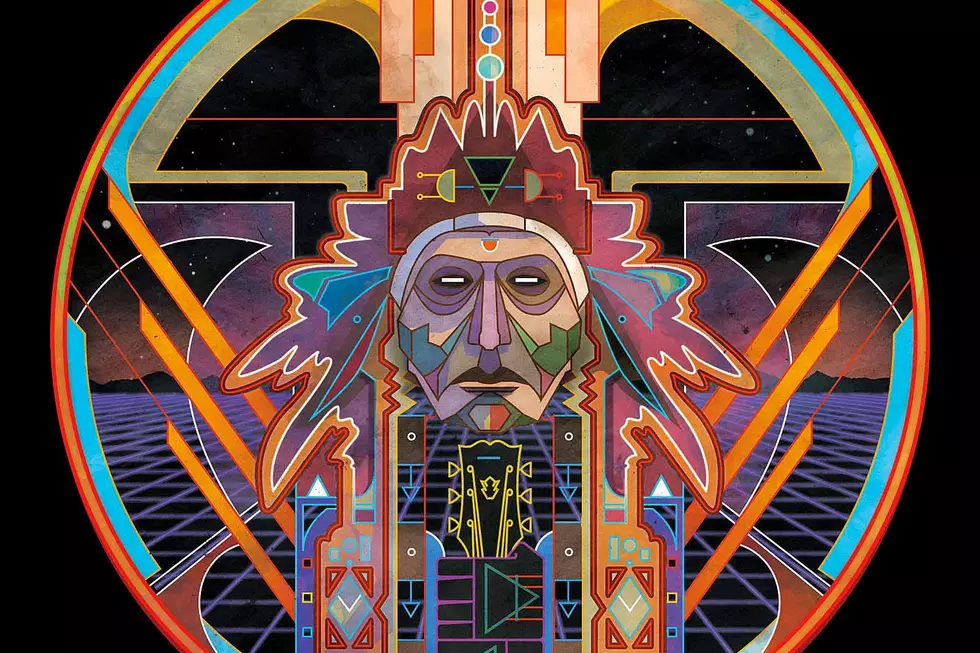
How Clutch’s Second Album Helped Revive Rock in the ’90s
Modern rock and grunge got the headlines, but the '90s also saw a revival of '70s classic rock values. From the Black Crowes' effective recycling of the Faces, to Soundgarden’s post-hardcore fusion of Black Sabbath and Led Zeppelin, the signs were everywhere.
Then there was the imaginative rebooting of acid rock into stoner rock by the likes of Kyuss, Fu Manchu, Monster Magnet and Clutch. The latter's eponymous sophomore album, released on May 9, 1995 on the now-defunct Warner Bros. imprint EastWest Records, did as much to define ‘90s stoner rock as any release from those other bands. It also helped distinguish Clutch as a breed apart within that loosely knit musical movement.
Initially formed as Glut Trip some four years earlier in Germantown, Maryland, Clutch was comprised of four high school friends in vocalist Neil Fallon, guitarist Tim Sult, bassist Dan Maines and drummer Jean-Paul Gaster. They quickly built a local following through intensive gigging.
Before the end of 1991, the workaholic quartet had already issued their first independent EP (Pitchfork), followed one year later another EP (Passive Restraints, released by British grindcore label Earache) and then their full-lengthy debut Transnational Speedway League, issued through EastWest in 1994.
Now, Clutch were ready to take another upward career step, or so they hoped, with a self-titled follow up. Clutch boasted nearly an hour of new music spread over a generous 13 songs — many of them rife with ‘70s classic and hard rock ingredients, repurposed and reinvigorated for ‘90s consumption.
Right off the bat, there was the backwards phasing effect joining “Big News,” parts I and II; then came an assortment of ‘70s-rooted cuts (“Rock ’n’ Roll Outlaw,” “Texan Book of the Dead,” “Tight Like That,” etc., etc.) defined by the hefty guitar riffs, groove-laden bass parts, and quasi-Bonham drum pounding.
All the while, Fallon’s vocals frequently recalled Captain Beefheart, as they alternated between a hoarse baritone and a glass-gargling growl — most notably on the creepy “Spacegrass,” “Droid” and “The House that Peterbilt.” His quirky, cryptic, pun-laden lyrics only strengthen the comparison.
All this, not surprisingly, helped Clutch’s second album shift an impressive 200,000 units in the U.S. alone (still considered a career high-watermark) and allowed the band to graduate to an even bigger major label deal with Columbia Records for 1998’s The Elephant Riders. What’s more Clutch has since become something of a compendium for the band’s versatile musical strengths, consistently referenced and revisited by most every LP they’ve released over the ensuing 20 years.
See the Top 100 Albums of the '90s
More From Ultimate Classic Rock









